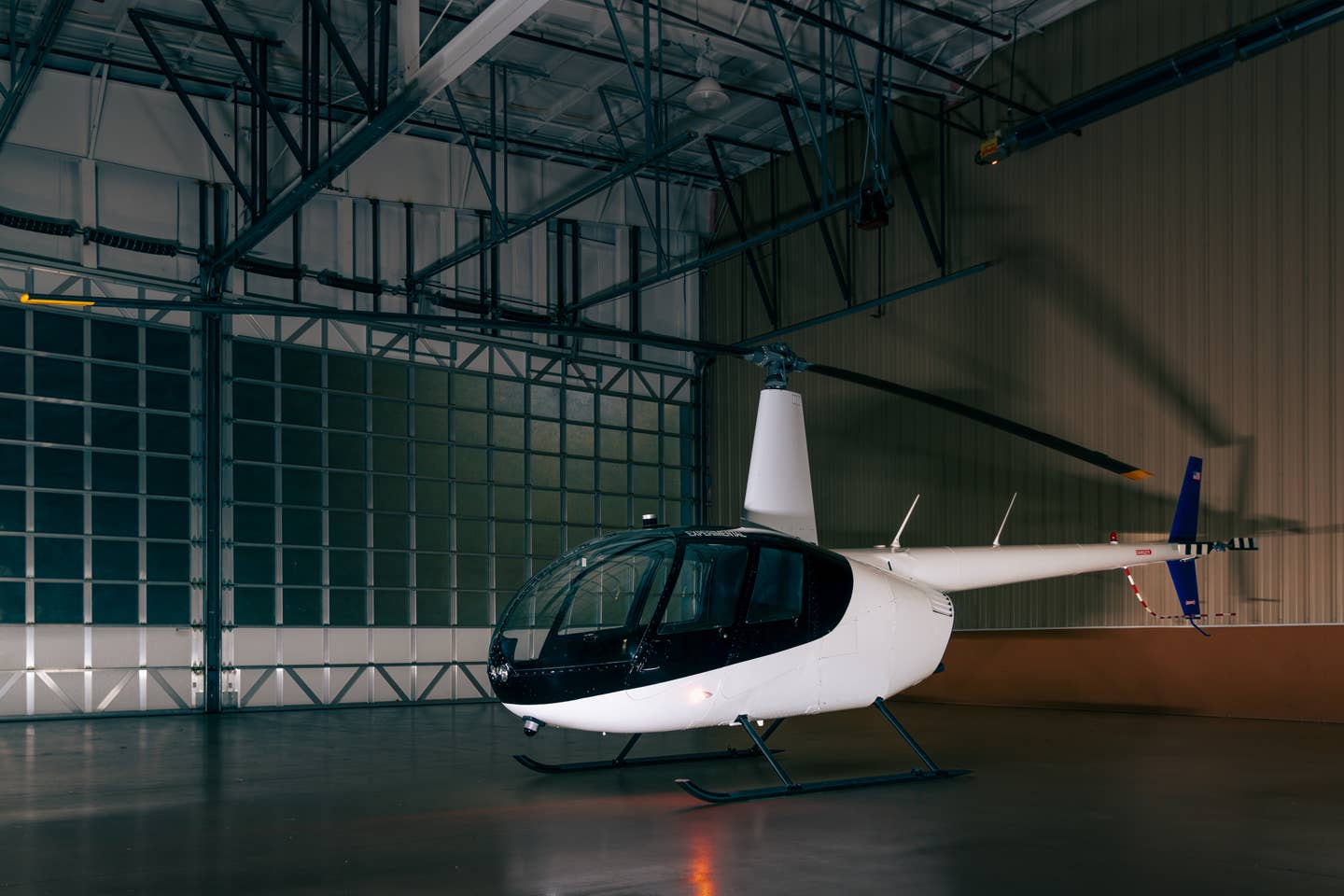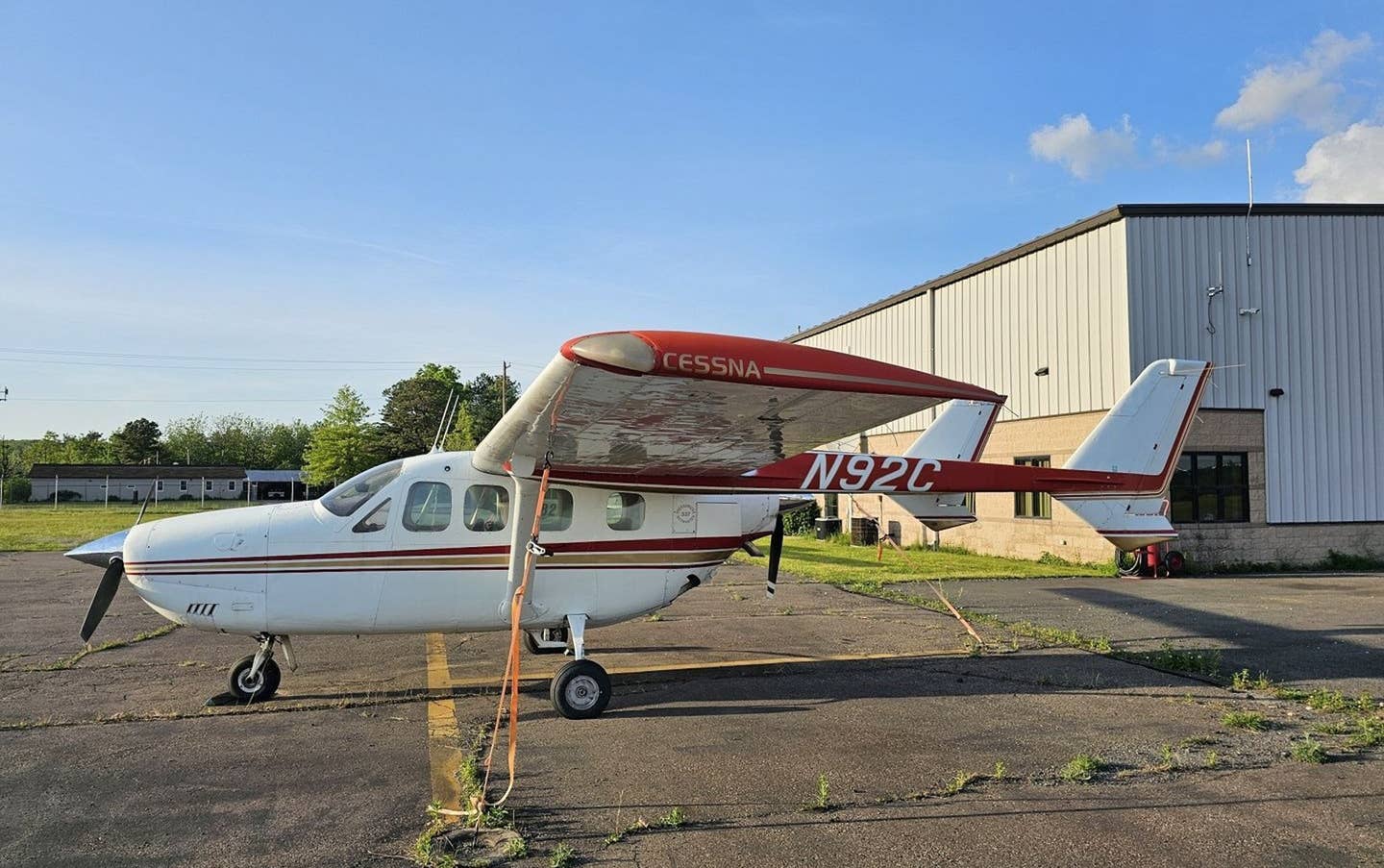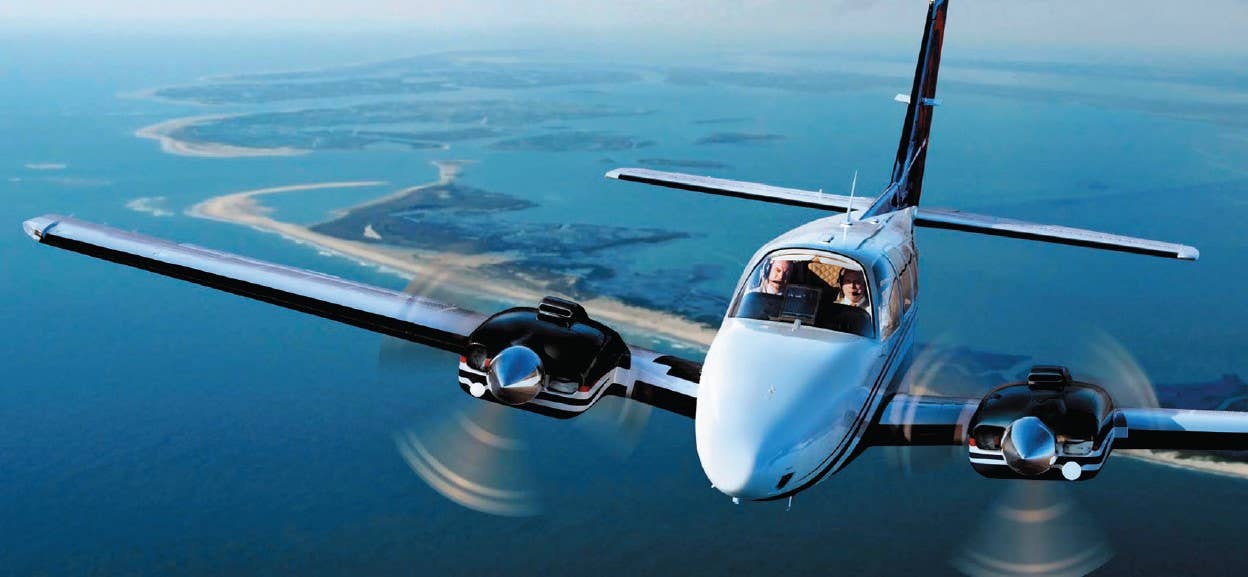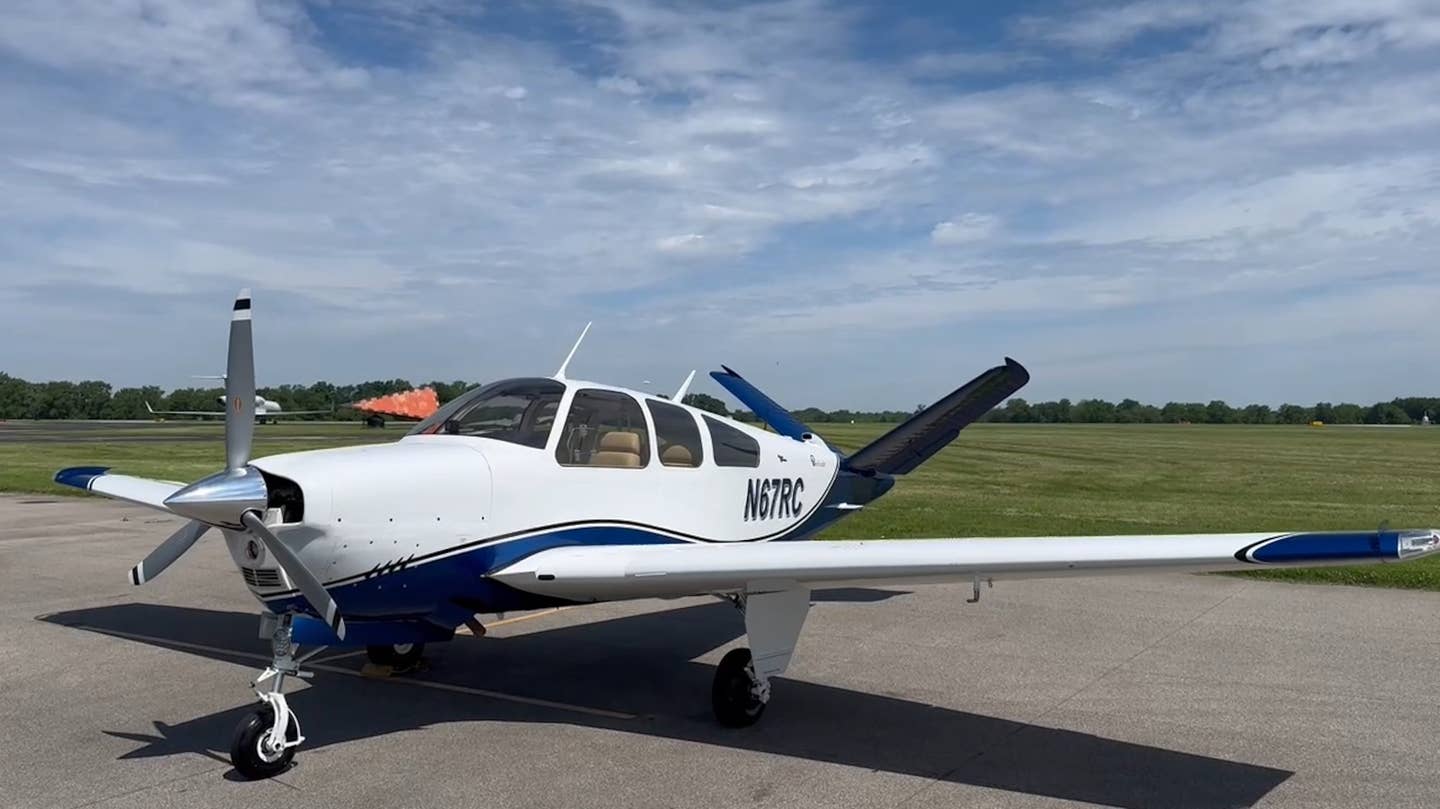Rotor Technologies Unveils R550X Uncrewed Helicopter and Begins Production
The company is building two of the autonomous aircraft for crop-dusting customers.

The Rotor Technologies R550X is designed to perform missions beyond the range of drones and eVTOls. [Courtesy: Rotor Technologies].
Rotor Technologies, Inc., a developer of autonomous VTOL aircraft, unveiled its R550X, an uncrewed helicopter based on the Robinson R44 Raven II. The Nashua, New Hampshire, company also said it has begun producing the aircraft.
Rotor said it designed the R550X to carry loads of 1,200 pounds, or 550 kilograms. It can fly for up to three hours and has a top speed of 130 ktas. The helicopter can operate beyond the range of drones and eVTOLs and is suitable for cargo, utility, and maritime operations that are too demanding for lighter aircraft.
The R550X can operate in a range of conditions, including at night and during limited visibility, thanks to its digital flight control systems. Rotor’s software helps the aircraft avoid hazards that have often contributed to helicopter accidents, such as inadvertent entry into instrument meteorological conditions, loss of control, mast bumping, and controlled flight into terrain.
"The R550X is going to bring huge safety and economic benefits to a wide range of helicopter use cases,” says Rotor CEO Hector Xu. “Demonstrating the impact of autonomy in dangerous missions like crop dusting and aerial firefighting is the first step towards our vision for safe and accessible vertical flight.”
The R550X is designed as an uncrewed aircraft and operates in the experimental category. It is meant for agricultural, firefighting, inspection, and maritime operations and is not intended for carrying people. The company said it is currently building two R550Xs for agricultural aircraft operators who plan to use them for spraying crops.
"We have a number of agricultural customers who want to start operating the R550X as soon as possible, and this demand is driving us to begin production immediately," said Ben Frank, Rotor’s chief commercial officer.
The company expects the aircraft’s first commercial operations in the U.S. to begin in 2024, followed by international operations.

Subscribe to Our Newsletter
Get the latest FLYING stories delivered directly to your inbox






